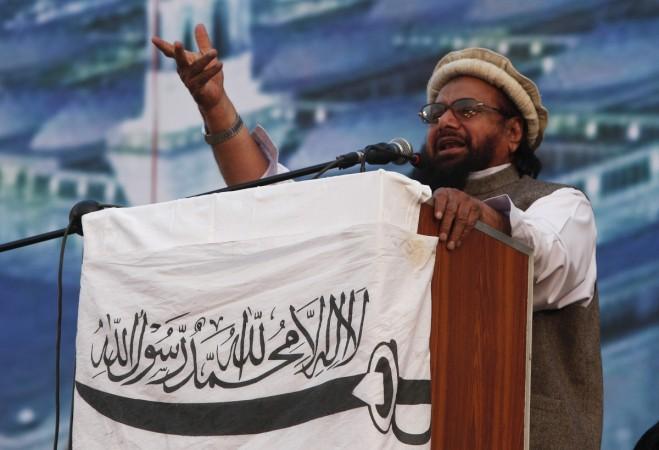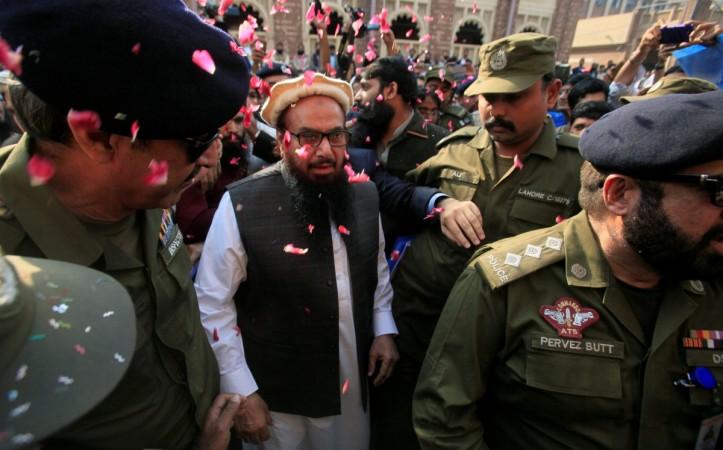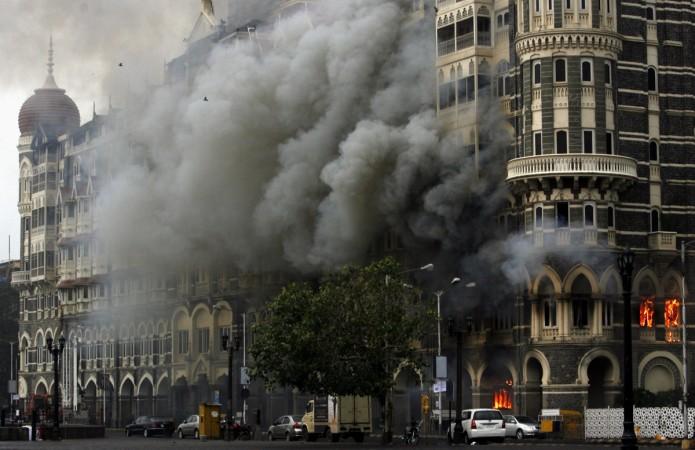
India on expressed scepticism over the efficacy of the conviction of Hafiz Saeed, the founder and patron of the banned terror outfit Lashkar-e-Taiba (LeT), by a Pakistani court ahead of the Financial Action Task Force (FATF) plenary meeting.
Hafiz Saeed sentenced for five-and-a-half years
A Lahore anti-terrorism court on Wednesday, February 13 sentenced Saeed, the mastermind of the 26/11 Mumbai terror attacks, to five-and-a-half years jail and imposed a fine of Rs 15,000 on him in two cases related to terror funding.
However, the combined 11 years of jail term in both the cases will run concurrently, thus reducing the sentence to only five and a half years.

Top official sources told on Thursday that the government views the conviction as a "part of a long-pending international obligation of Pakistan to put an end to support for terrorism".
However, the government has taken note of the fact that the decision has been made on the eve of the FATF plenary meeting. Hence the government is not sure about the "efficacy of this decision," a source said.
"The Modi government will also watch whether Pakistan would take action against all other terrorist entities and individuals operating from territories under its control," the sources said.
India for long has been asking Pakistan to bring perpetrators of cross-border terrorist attacks, including Mumbai and Pathankot, to justice expeditiously."That also remains to be seen," sources said.
26/11 Mumbai terror mastermind nominated in 29 cases

The 26/11 Mumbai terror mastermind is nominated in about 29 cases pertaining to terror financing, money laundering as well as illegal land grabbing. The verdict was reserved against him in two cases on February 6.
On February 8, the ATC delayed announcing its verdict in the terror financing cases and had decided to hear arguments on February 11 (Tuesday) on the application to hear all cases first before announcing the verdict.
The application, filed by the suspects' counsel, demands that collective verdicts be issued after the completion of trials in all the cases pending against them.
The terror financing cases were filed by the Counter-Terrorism Department's (CTD) Lahore and Gujranwala chapters. The case filed by CTD's Gujranwala chapter was initially being heard in a Gujranwala ATC but was shifted to Lahore on the directions of the Lahore High Court.
During the trial of both cases, the court recorded the statements of 23 witnesses.
The JuD chief was arrested by CTD in July last year, while he was travelling from Lahore to Gujranwala, said Dawn news.
Prior to his arrest, 23 first information reports had been registered against JuD leaders at CTD police stations of Lahore, Gujranwala, Multan, Faisalabad and Sargodha in July 2019.
JuD was financing terrorism
According to the CTD, JuD was financing terrorism from the massive funds collected through non-profit organisations and trusts including. These non-profit organisations were banned in April last year as the CTD, during detailed investigations, found that they had links with the JuD and its top leadership.
The crackdown on JuD last year followed a warning by Paris-based Financial Action Task Force to Pakistan to deliver on its commitments to curb terror financing and money laundering.
(Inputs from IANS)









!['Had denied Housefull franchise as they wanted me to wear a bikini': Tia Bajpai on turning down bold scripts [Exclusive]](https://data1.ibtimes.co.in/en/full/806605/had-denied-housefull-franchise-they-wanted-me-wear-bikini-tia-bajpai-turning-down-bold.png?w=220&h=138)



